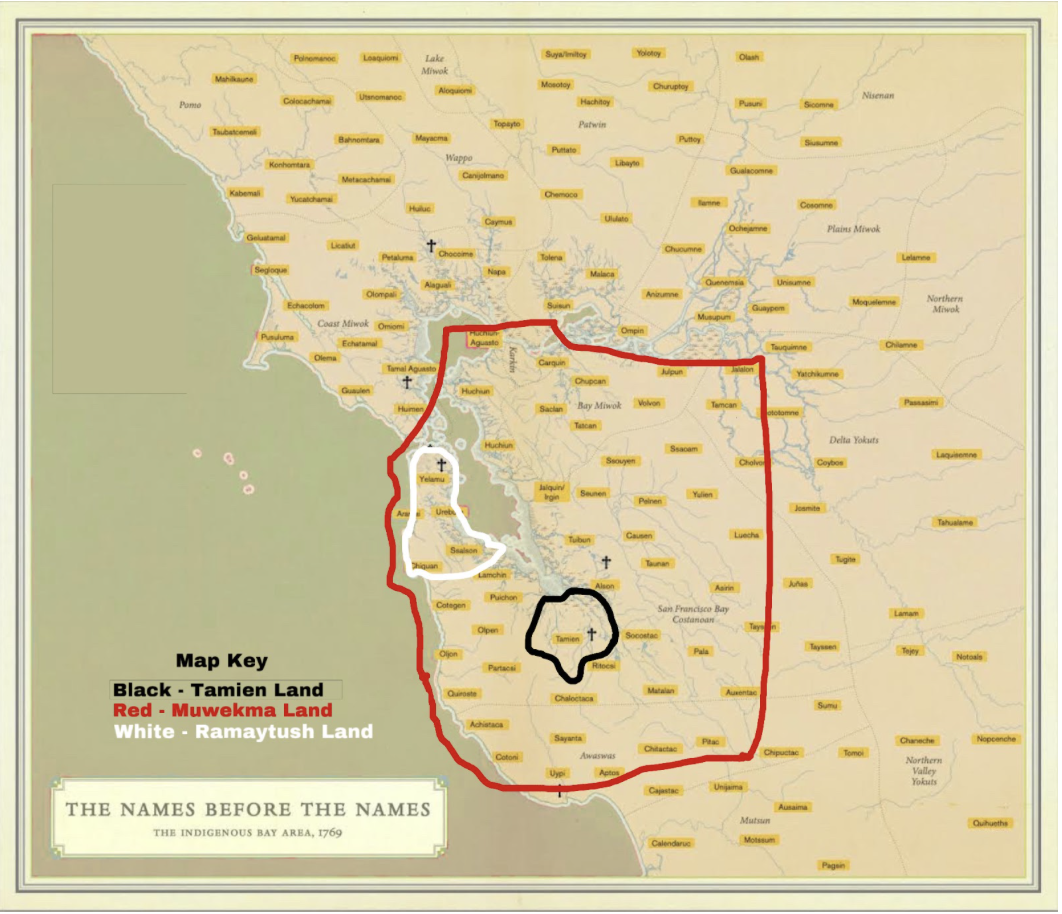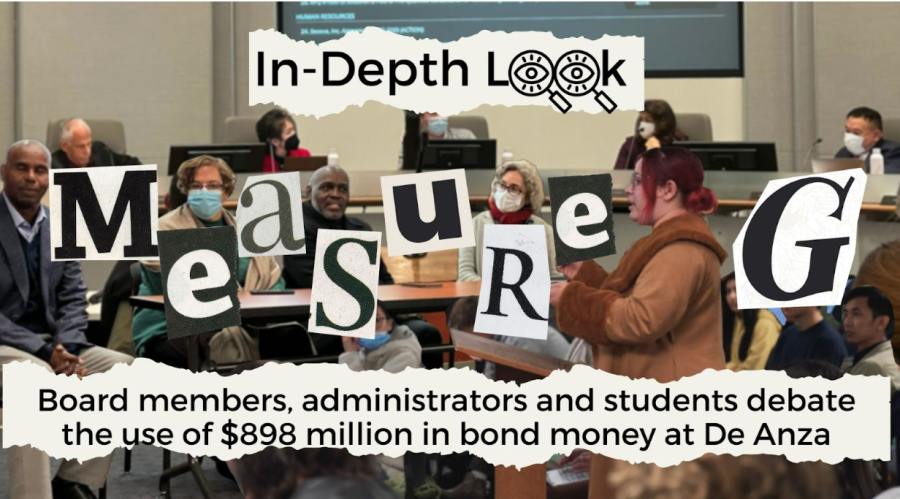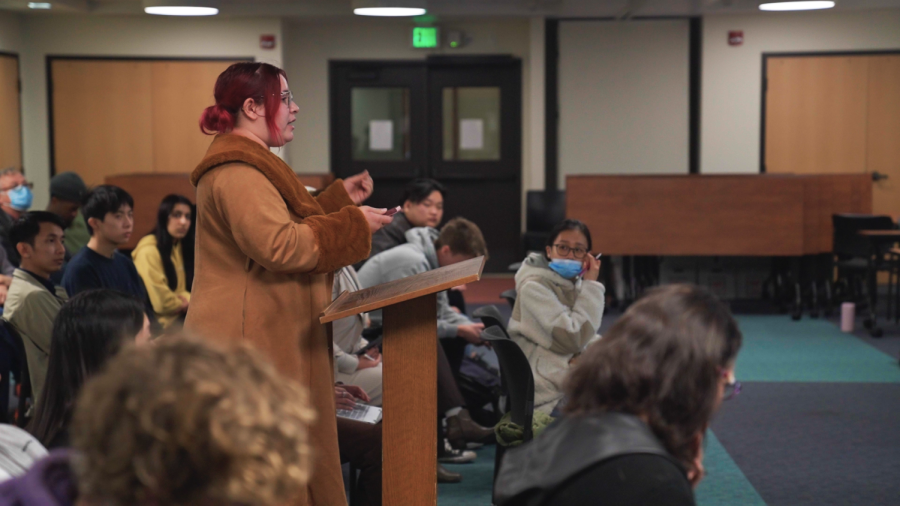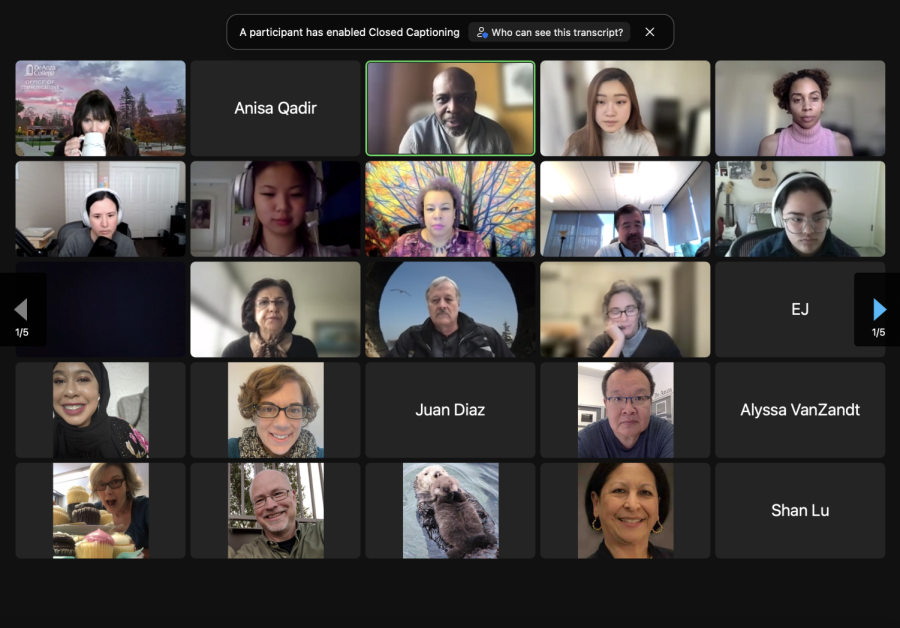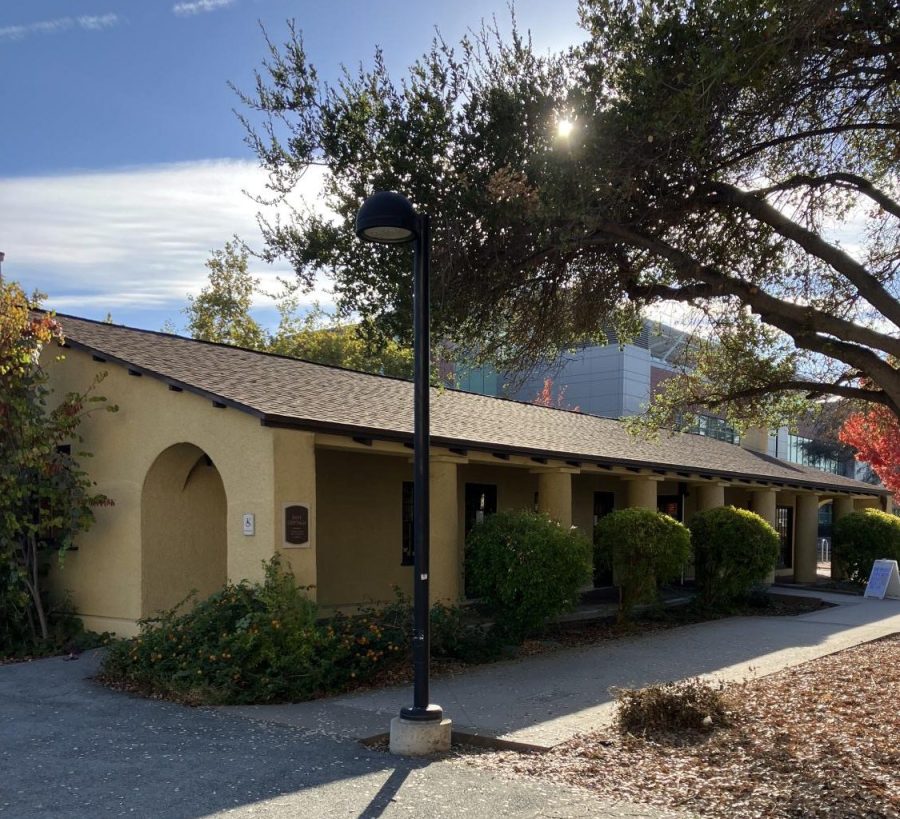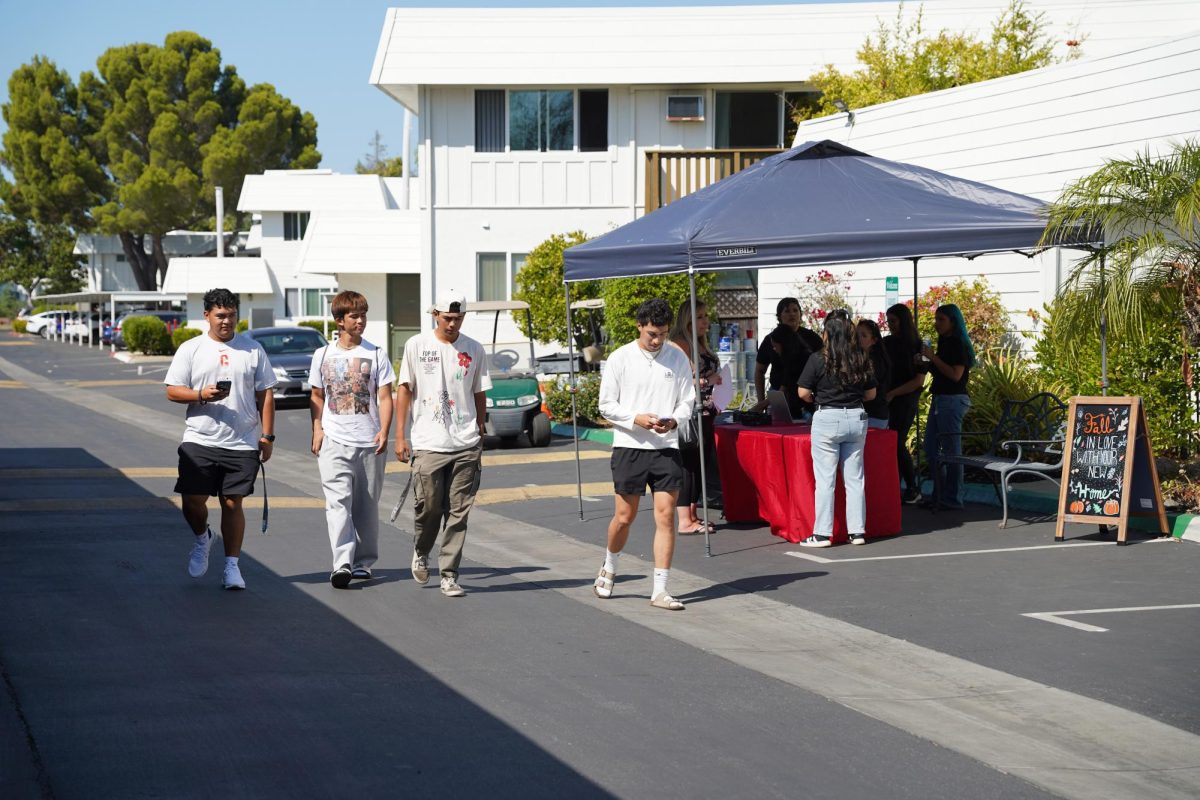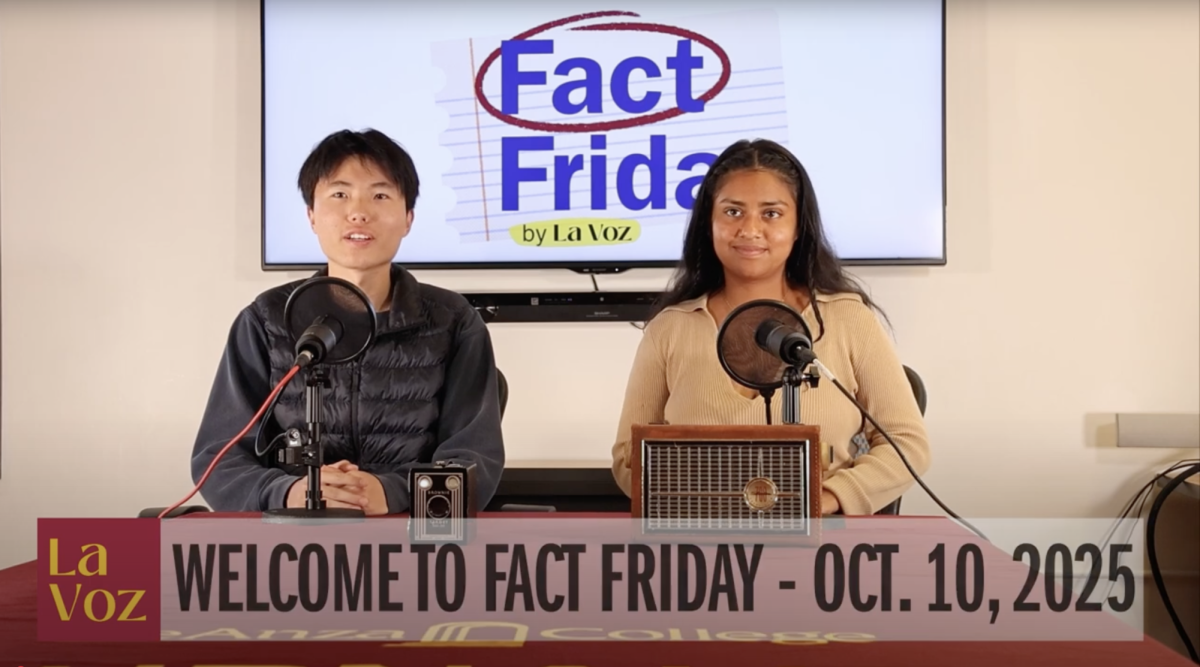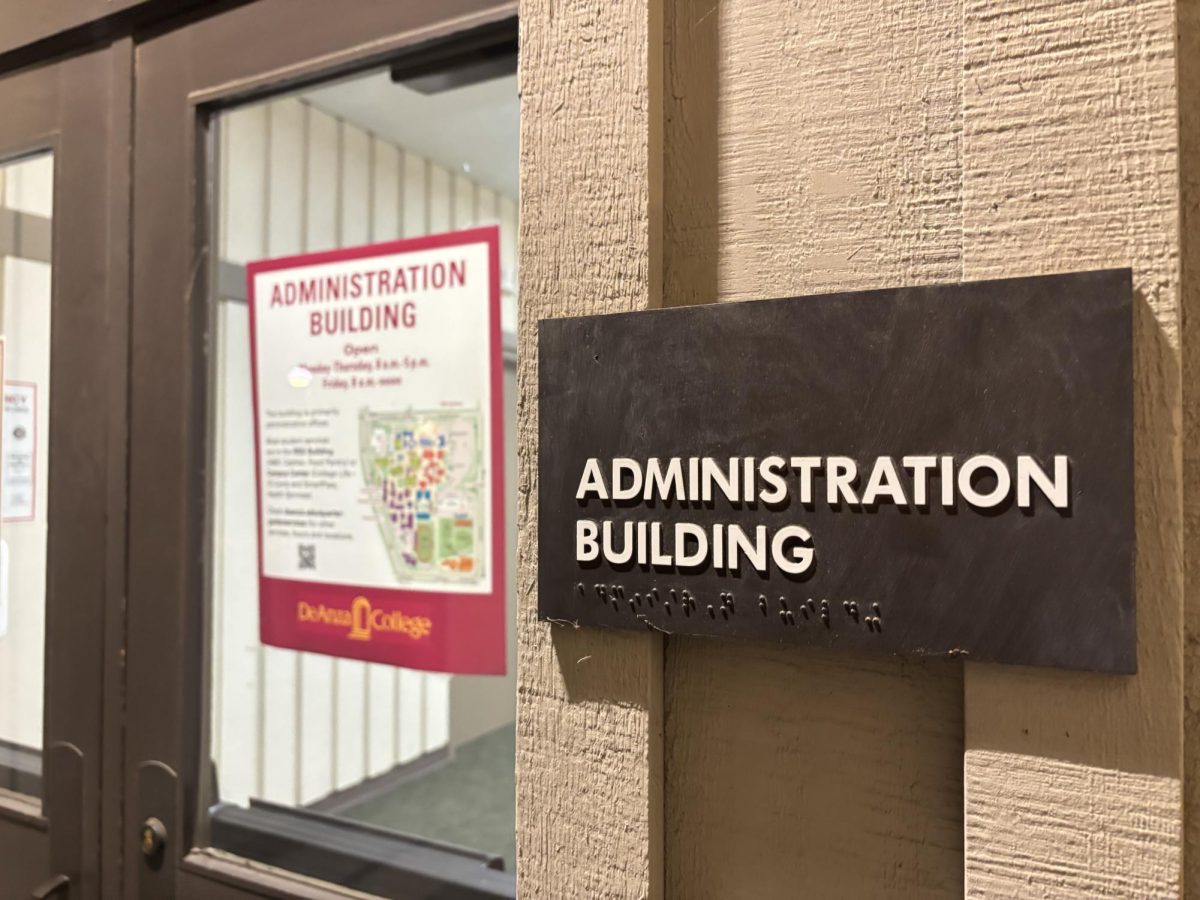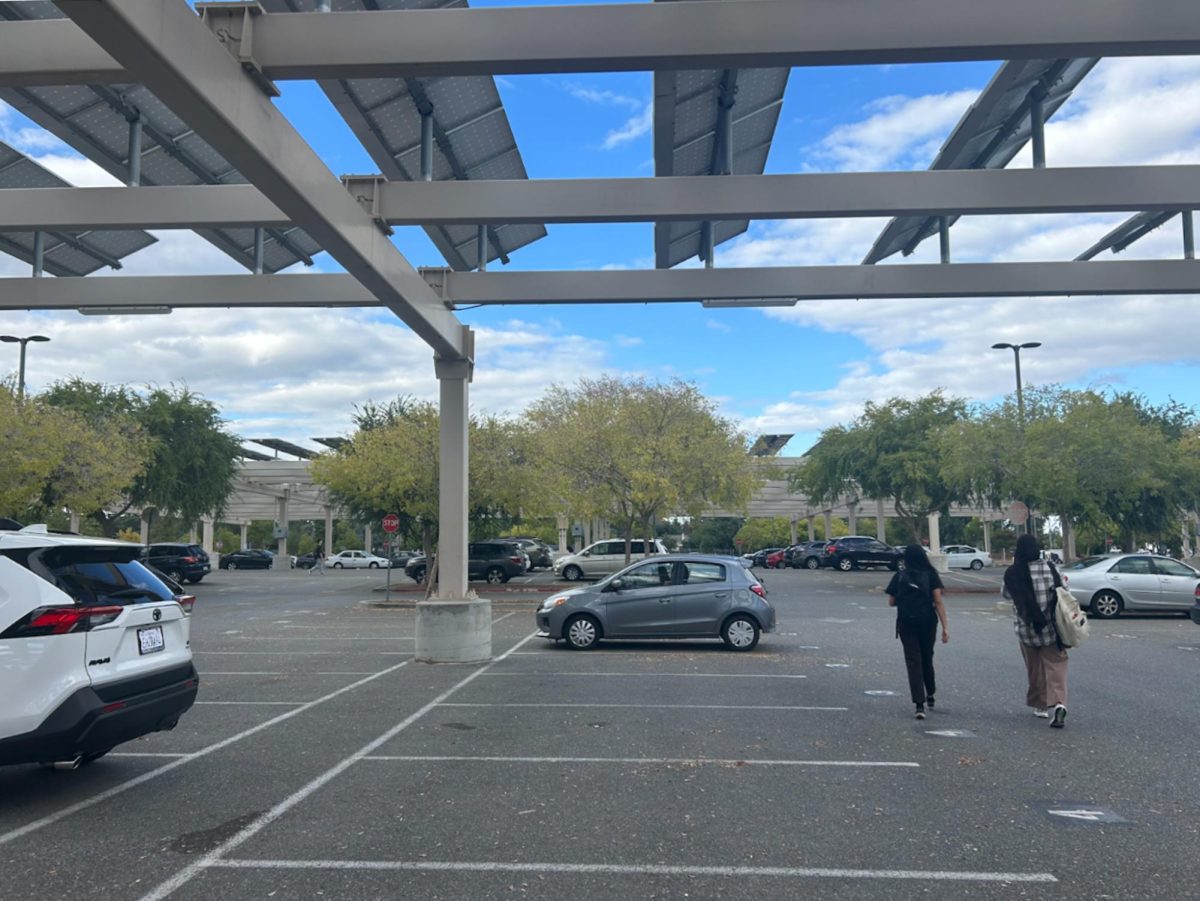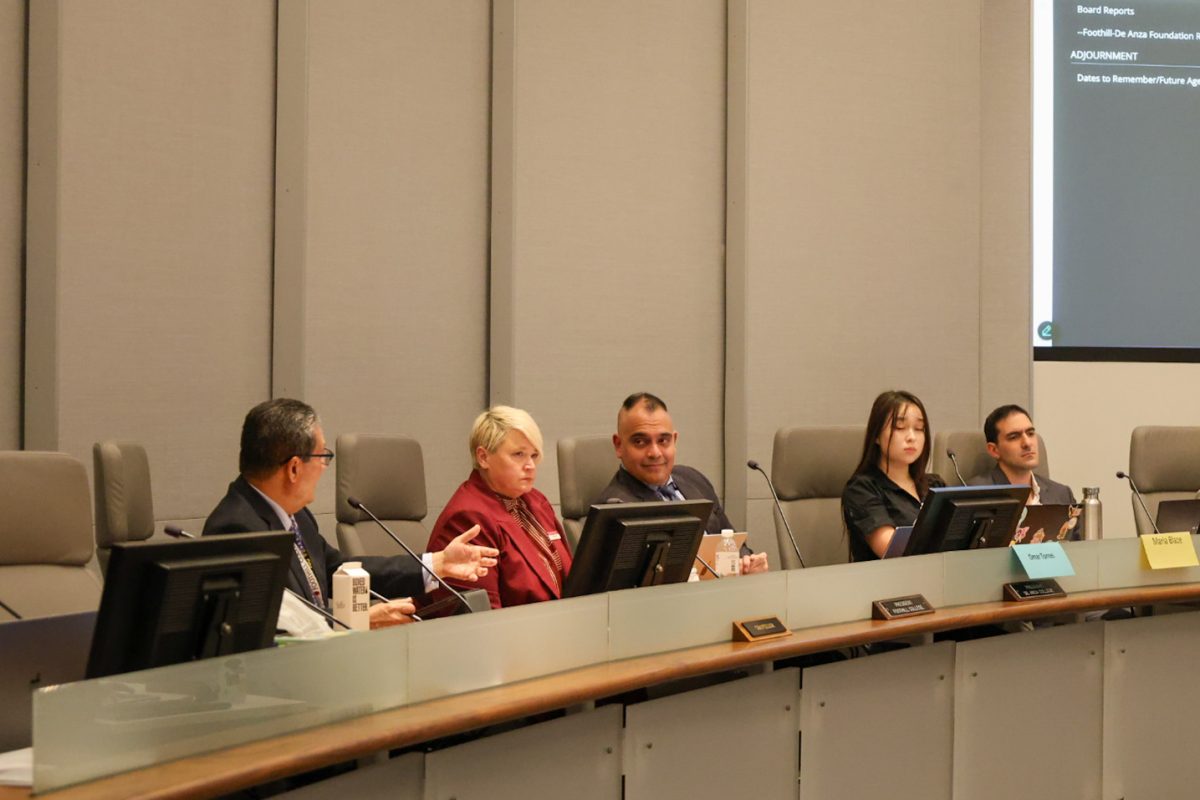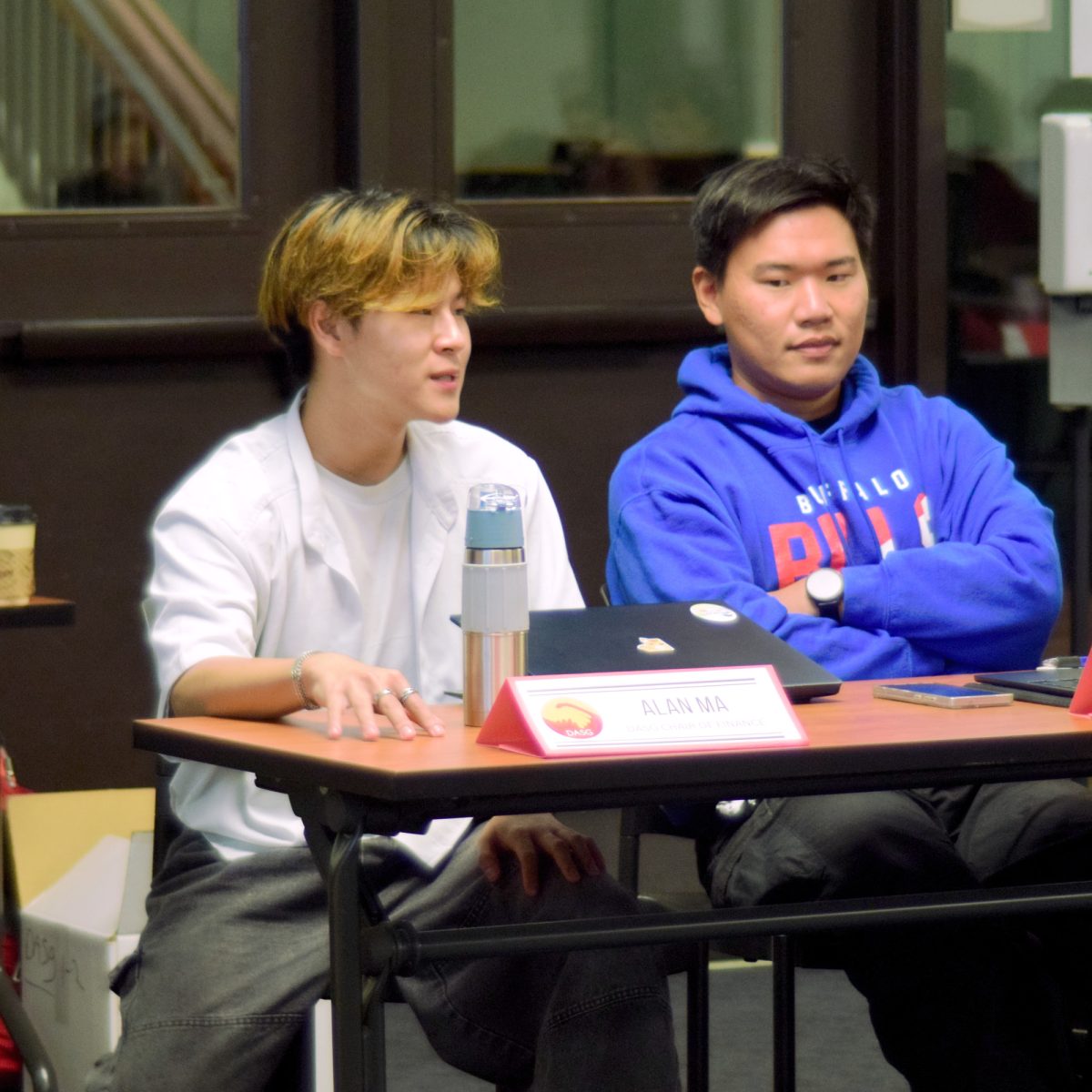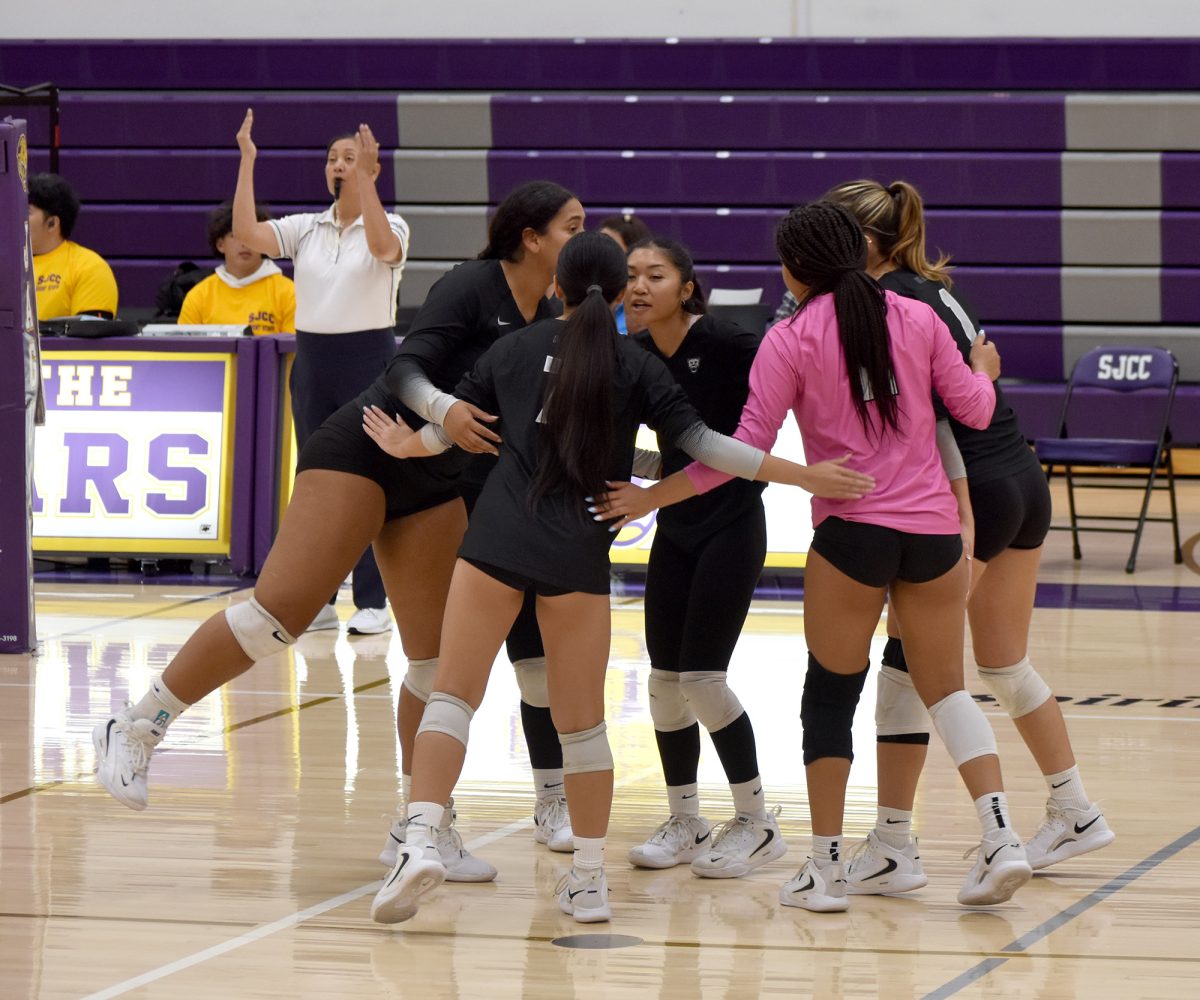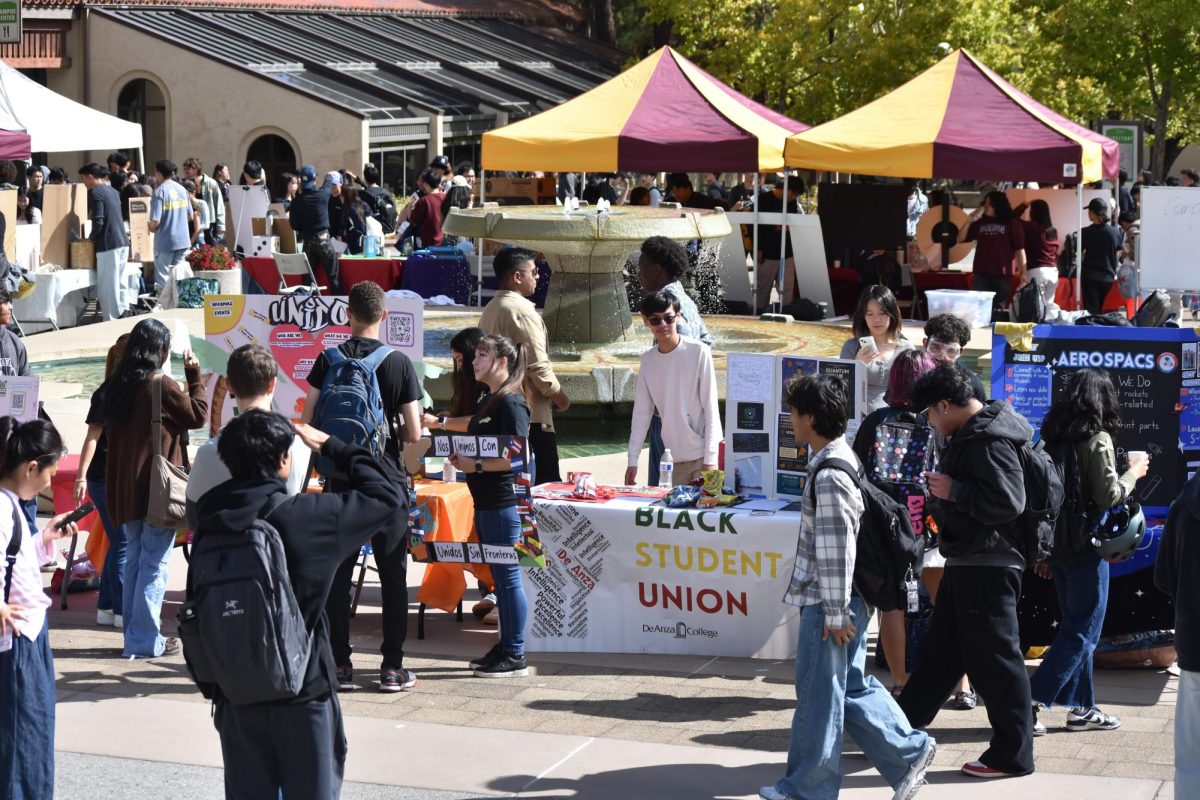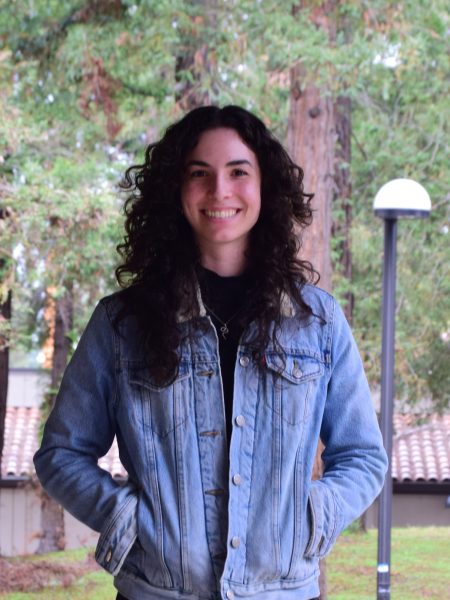Editor’s note: This article has been corrected to remove an incorrect reference to the Office of Family Assistance. The agency La Voz meant to refer to was the Office of Federal Acknowledgment.
De Anza’s land acknowledgment, a recognition of Indigenous Peoples who are the original inhabitants of the lands De Anza is on, honors the Muwekma Ohlone Tribe, whose land stretches from North to South Bay. De Anza is said to be on the “crux” of the Tamien and Raymatush tribal lands in the land acknowledgment.
But, according to the Tamien and Ramaytush nations, the Muwekma isn’t the only tribe, or may not even be the tribe, that’s indigenous to the lands that De Anza sits on. Meanwhile, the Muwekma assert that the Tamien Nation isn’t a valid, federally recognized tribe.
Muwekma Chairwoman, Charlene Nijmeh, wrote an Op-Ed on Sept. 15, 2022 for the Los Gatan in response to Los Gatan reporter Drew Penner’s article about Native American inclusion efforts in Los Gatos — which quickly became a discussion of tribal legitimacy. Nijmeh wrote, “Los Gatos appears willing to allow any individual of Indian descent to claim territory and start demanding respect and compensation.” This statement is about the Tamien Nation which Nijmeh wrote, “never existed prior to 2020.” Nijmeh ends her Op-Ed with calling Tamien to “present legitimate documentation proving tribal status.”
As of Dec. 7, Chairwoman Nijmeh did not respond to a request for comment when La Voz reached out on Nov. 27.
Chairwoman of the Tamien Nation, Quirina Geary, responded to the Op-Ed by Nijmeh with her own article (with help of undisclosed Staff Reporter according to their website), published Dec. 15, 2022, for the Los Gatan. Geary wrote, “Tamien Nation is not disputing Muwekma’s status as a Tribe. We support them in their place of origin, the East Bay.” Geary goes on to say that the Muwekma tribe submitted a map to the Office of Federal Acknowlegement, which administers several federal grant programs, including Tribal grants. The map, however, does not show that the Muwekma are indigenous to the South Bay, despite their claim of 13 counties, Geary wrote. These claims also violate several articles listed in the United Nations Declaration on the Rights of Indigenous Peoples, Geary wrote. In regards to the claim that the Tamien had not existed prior to 2020, Geary wrote that 2020, “Refers to the year our Nation was placed on the Native American Heritage List.”
As of Dec. 7, Chairwoman Nijmeh did not respond to a request for comment when La Voz reached out on Nov. 27.
The Association of Ramaytush Ohlone posted an article about the Muwekma and their claims against other tribal nations on Feb. 7. The Ramaytush wrote, “Evidence of their supremacist disposition can be found in other false statements and actions, like the false claim that the Muwekma Ohlone Tribe is ‘comprised of all the known surviving American Indian lineages aboriginal to the San Francisco Bay Region.’ The MOT’s exclusivist claim to being the only (and therefore the only legitimate) tribe in the Bay Area informs their tribal territorial map, which wrongly includes the entire San Francisco Bay Area.” The article also states that the Muwekma Tribe is located exclusively in the East Bay, but the tribe attempts to extend its reach within Tamien, Ramaytush and other Bay Area tribes, thus erasing their history and sovereignty.
Both the Taimen and Ramaytush tribes are in agreement that the Muwekma tribe is claiming land, land that De Anza resides on, that they are not indigenous to, which calls into question the validity of De Anza’s land acknowledgment.
Despite the confusion and disagreement between the native peoples and county officials, De Anza’s Land Acknowledgement is continually read before official De Anza meetings. The acknowledgment, drafted by Adriana Garcia, the program coordinator for the Office of Equity, Social Justice and Multicultural Education, wrote the acknowledgment in 2017-2018.
Adriana Garcia declined to comment.
With tribal legitimacy being questioned within the land that De Anza resides, the validity of the Land Acknowledgement could complicate the petition for De Anza to change its name.
La Voz published an article on Oct. 30 about a call from local communities, helmed by Chairwoman Geary of the Tamien, for De Anza to change its name. Geary said that Spanish militant Juan Bautista de Anza, committed violence against the Tamien people.
The unearthing of the history behind De Anza’s name and uncertainty surrounding proper acknowledgment of the Indigenous Peoples could lead to equity problems for De Anza amidst calls for recognition from Bay Area tribes.
This is a developing story.



